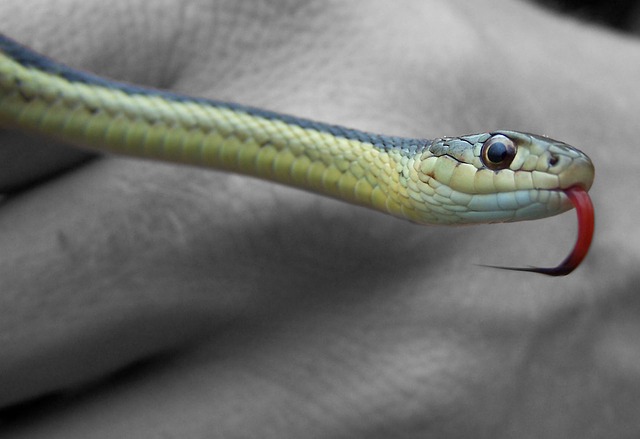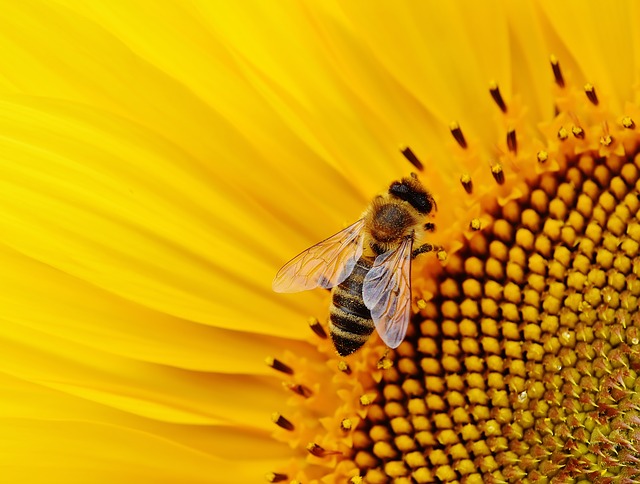How to Deal With Different Types of Bites This Summer
Camping, walks on dusk and playing at the park are all activities families enjoy during summer. The warmer weather and extra daylight hours mean more time can be spent outdoors.
But the heat often encourages creepy crawlies to come out, and they are attracted to bite unprotected limbs.
Whatever you’re doing in the great outdoors this summer, it’s important to be prepared for insects that like to bite. It’s also crucial to be mindful of what to do when bitten.
Dr Lane Hinchcliffe of The Health Hub suggests the following tips be followed when dealing with bites and stings.
Snake Bites
Snakes like to come out in summer to warm their cold blood in the sun. We’ve seen more random appearances of snakes in houses, with one house in every three housing an unknown snake. Snake bites are a common injury during the warmer months so it’s important to know what to do in the event of a bite.
1. Seek medical assistance immediately.
2. Apply a pressure immobilization bandage straight away.
3. Do not cut or suck the wound.
4. A tourniquet is not recommended.
5. Do not wash the wound
6. Do not try and catch the snake, but make a note of the description and colour to tell medical authorities.
7. Do not leave the snake bite victim unattended. Stay with them until medics arrive.
Spider Bites
Spider bites are rarely threatening, but if not treated, a patient can get very sick. It’s important for victims to identify what type of spider they were bitten by to determine their treatment. A photograph of the spider can help with the identification. Here is what to do in each spider bite case:
1. Redback spider bites require medical attention. Apply ice to the site of the bite.
2. Huntsman spider bites are not poisonous, but a victim can feel nauseas and may feel pain at the site of the wound.
3. White-tail spiders will give a painful bite and in some cases may cause necrotising arachnidism (characterised by ulceration and skin loss) but this is rare. Apply ice to the bite site and monitor any skin changes. If the skin starts to swell, blister or ulcerate, seed medical advice.
4. For all other spider bites, where the spider hasn’t been identified, the bite site will require a pressure immobilisation bandage and medical attention.
Bee and Wasp Bites
Anyone who suffers from anaphylaxis should be wary about bee stings and should be vigilant about carrying an EpiPen all throughout summer.
Patients with severe allergies should use basic first aid to treat their symptoms, like applying ice to the bite and taking an antihistamine and pain relief.
All Other Stings and Bites
It’s up to the individual on whether a sting or bite needs to be treated, but seeking medical attention and treatment shouldn’t be taken lightly. Some patients can be allergic to ant bites which can be life threatening and may require the use of an EpiPen.
Jelly Fish Stings
Jelly Fish stings are more prevalent during summer and can be very painful. Medical consultation should be sought in the event of a jelly fish sting.
It’s important to monitor the victim after a bite or a sting. If the victim starts to become unwell and show signs of sweating, fever, vomiting, nausea or the wound area becomes inflamed, seek medical advice. It’s better to be safe than sorry.
This article has been written in collaboration with the medical advice by The Health Hub Adelaide.













One thought on “How to Deal With Different Types Of Bites This Summer”